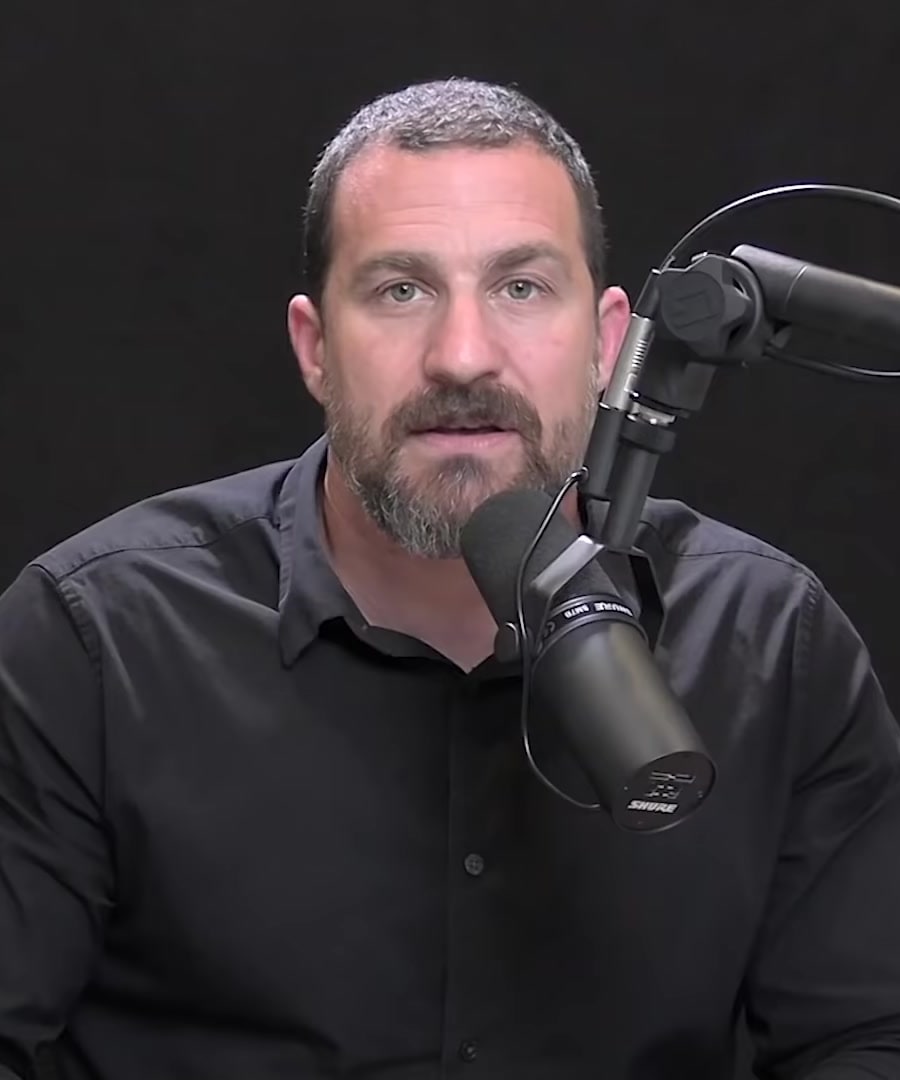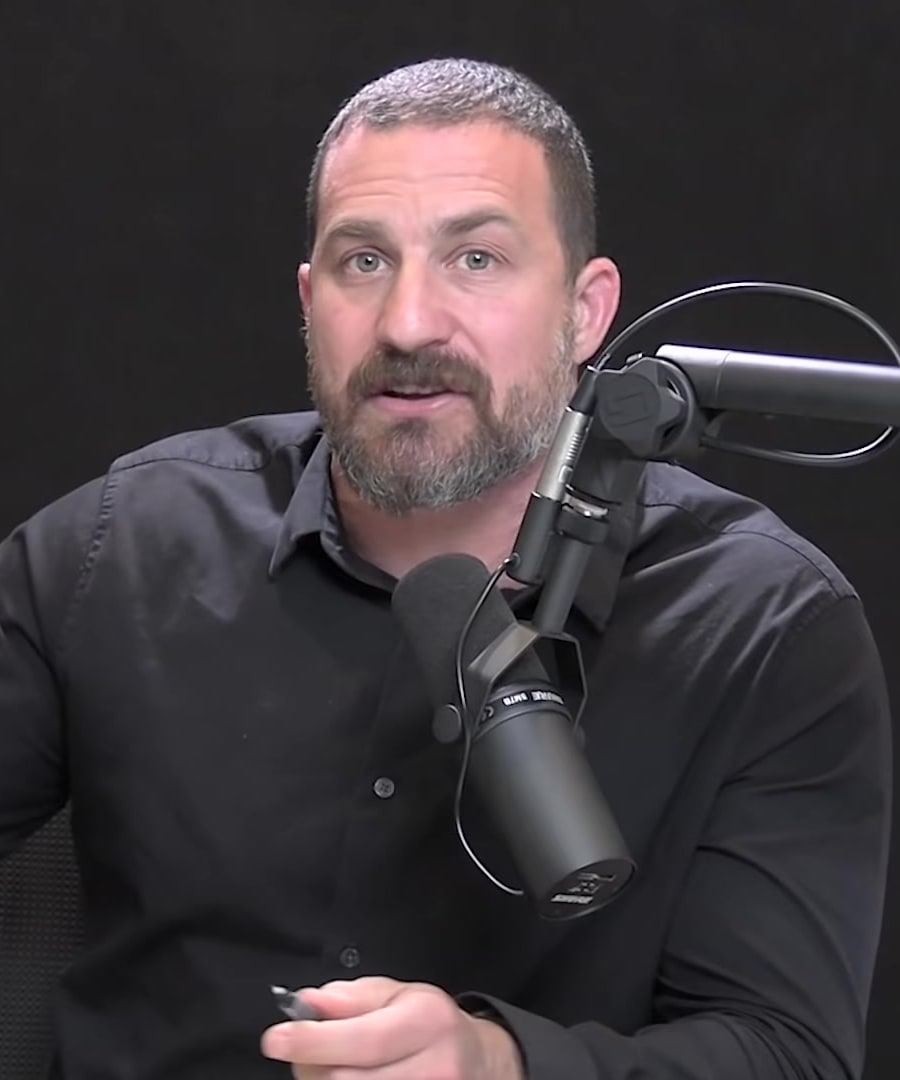How much omega 3 should one take and what benefits it offers?
Sources:
Omega-3 fatty acids, particularly EPA (eicosapentaenoic acid), offer several health benefits, as discussed by on the . He emphasizes that for most people, the recommended daily intake of EPA is at least 1 gram, with some people taking up to 3 grams. The benefits of this intake include:
- A mild to moderate antidepressant effect
- Better mood and well-being
- Protection for the cardiovascular system
- Reduced impulsivity and aggressiveness in certain contexts like ADHD
- Support for healthy brain function in the short and long term
- Decreased frequency and intensity of headaches, including tension and migraine headaches
- Supports improved focus and cognitive ability, especially in developing brains
also notes that many people do not get enough omega-3s from their diet alone and may benefit from supplementation, whether from fish oil capsules, liquid fish oil, or plant-based sources like chia seeds, walnuts, and soybeans 6. Always be sure to check product labels for the actual content of EPA to ensure you are getting the recommended amount 8.
what content is best?
It appears there are no specific clips from the that directly discuss "what content is best" in a generalized or philosophical context. If you have a specific area of interest—such as best content for sleep, exercise, mental health, etc.—please let me know so I can provide more targeted information.
RELATED QUESTIONSList clips similar to "Omega-3 Benefits"
Sources:
Summarize AMA #16: Sleep, Vertigo, TBI, OCD, Tips for Travelers, Gut-Brain Axis & More
In , covers a wide range of topics with a focus on health optimization. Here are some of the key points discussed:
-
Health Optimization Tips:
- Management of foundational health pillars.
- Strategies for circadian rhythm optimization.
-
Sleep:
- Importance of sleep quality.
- Strategies for optimal sleep timing.
-
Vertigo:
- Understanding vertigo and visual stabilization mechanisms.
- Methods to overcome vertigo.
-
Brain Function Post-TBI:
- Enhancing brain health resilience.
- Tips for maintaining brain health.
-
OCD:
- Insights into understanding and managing Obsessive-Compulsive Disorder (OCD).
-
Circadian Rhythm:
- Hacks for shifting and resetting the circadian clock.
-
Omega-3:
- Benefits of fish oil and omega-3 fatty acids.
-
Hormone Levels:
- Protocols for monitoring hormone levels.
- Insights into hormone profiling.
-
Gut-Brain Axis:
- Optimizing gut health and workout recovery.
-
Tongue Cleaning:
- Best practices for tongue cleaning.
Overall, the episode delivers practical advice on numerous health-related topics, aiming to improve overall well-being.
RELATED QUESTIONS-
How much omega 3 should one take and what benefits it offers?
what content is best?
- RELATED QUESTIONS
List clips similar to "Omega-3 Benefits"
Summarize AMA #16: Sleep, Vertigo, TBI, OCD, Tips for Travelers, Gut-Brain Axis & More
- RELATED QUESTIONS







